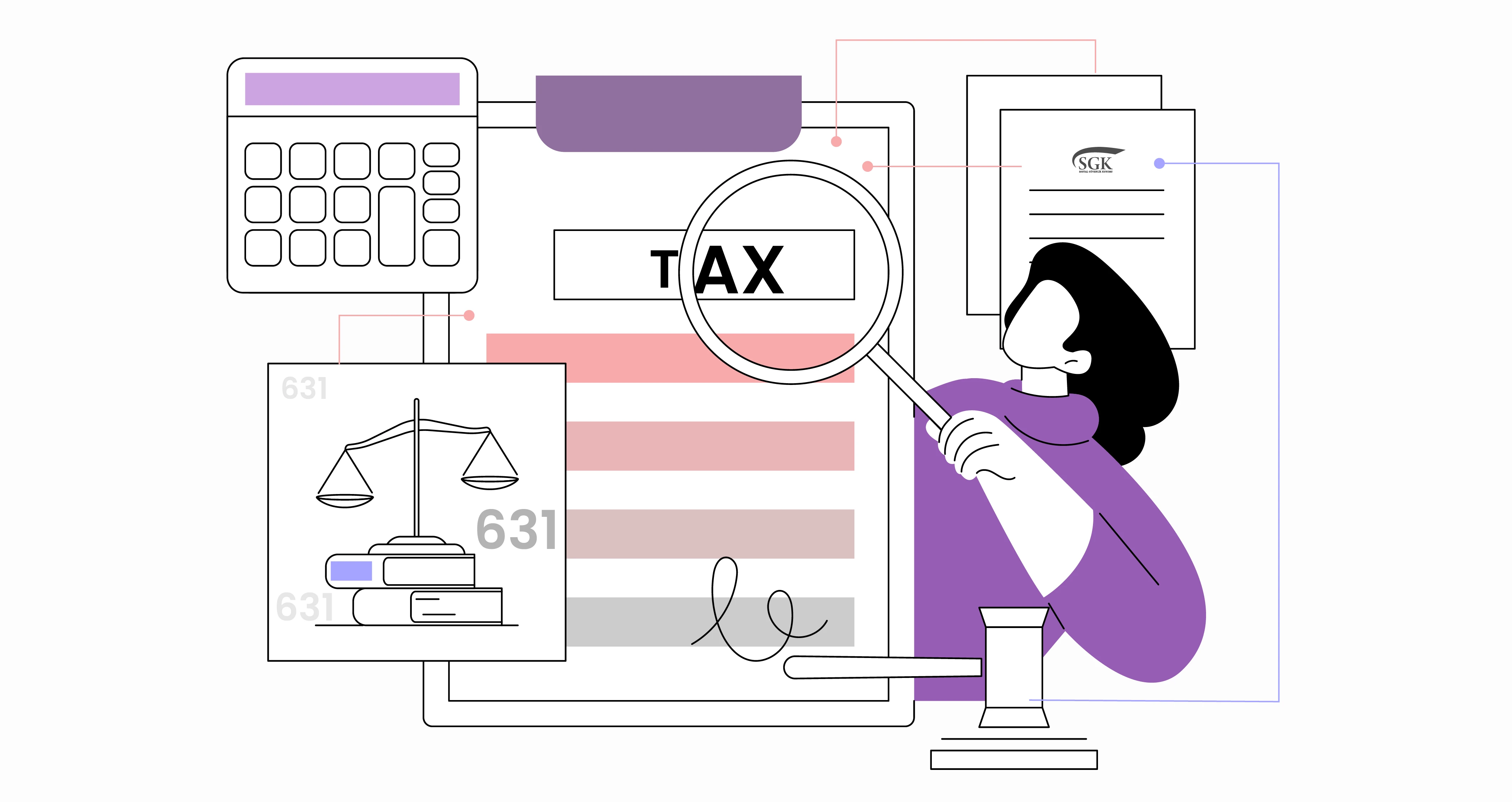New Regulation Has Been Implemented for the SSI Debts
On 18.09.2018, the Social Security Institution (SSI) issued “Circular Number 2018/32” which regulates Circular Number 2012/27 and resolves the issue regarding the prescription of institutional receivables.
According to the new regulation, from now on, the SSI directorates will conduct periodic investigations, which will scan workplace files and debts of the employees, starting with the oldest records to designate the owed debts to the institution. After investigating causes of interruptions or halts in prescription, obligators with an expired debt will receive a Debt Information Form. With this notification, obligators will be requested to pay their debts within 15 days. Along with the notification, if debtors would want to pay, SSI directorates will accept the payments.
Since tracking expired and unpaid debts is not possible under the Law of Public Receivables, these debts will be tracked through related bookkeeping accounts of SSI directorates. Should the debtors not pay their dues or do not appeal to the payment notification within 15 days, their debts will be considered as expired and will not be transferred to debt enforcement proceeding.
The notified obligators could demand a re-inspection in 15 days by appealing to their debts. Since expired debts are considered as an “imperfect obligation”, there will not be a debt enforcement proceeding and expired debts will be considered as a receivable for the SSI. Due to their debts, obligators will not be able to benefit from certain SSI services.
The services which debited obligators will not benefit are as follows;
- Receipts of discharge (SSI No Tax Debt Documents) which are demanded in public tenders will not be provided.
- Premiums, incentives and endorsements implemented by the SSI will not be available.
- If obligators are VAT payers, they will appear as debited to the SSI during their nettings with the Treasury.
- According to the SSI law, people who are in the scope of 4-1/b (previously referred as Bağ-Kur) will not be able to benefit from healthcare services.
- Clearance certificate, which is needed for occupancy permits, will not be provided for private constructions.
You can access the full regulation announced by the SSI in Turkish through this link; https://www.turmob.org.tr/mevzuat/Pdf/16556
-
-
Notification!




